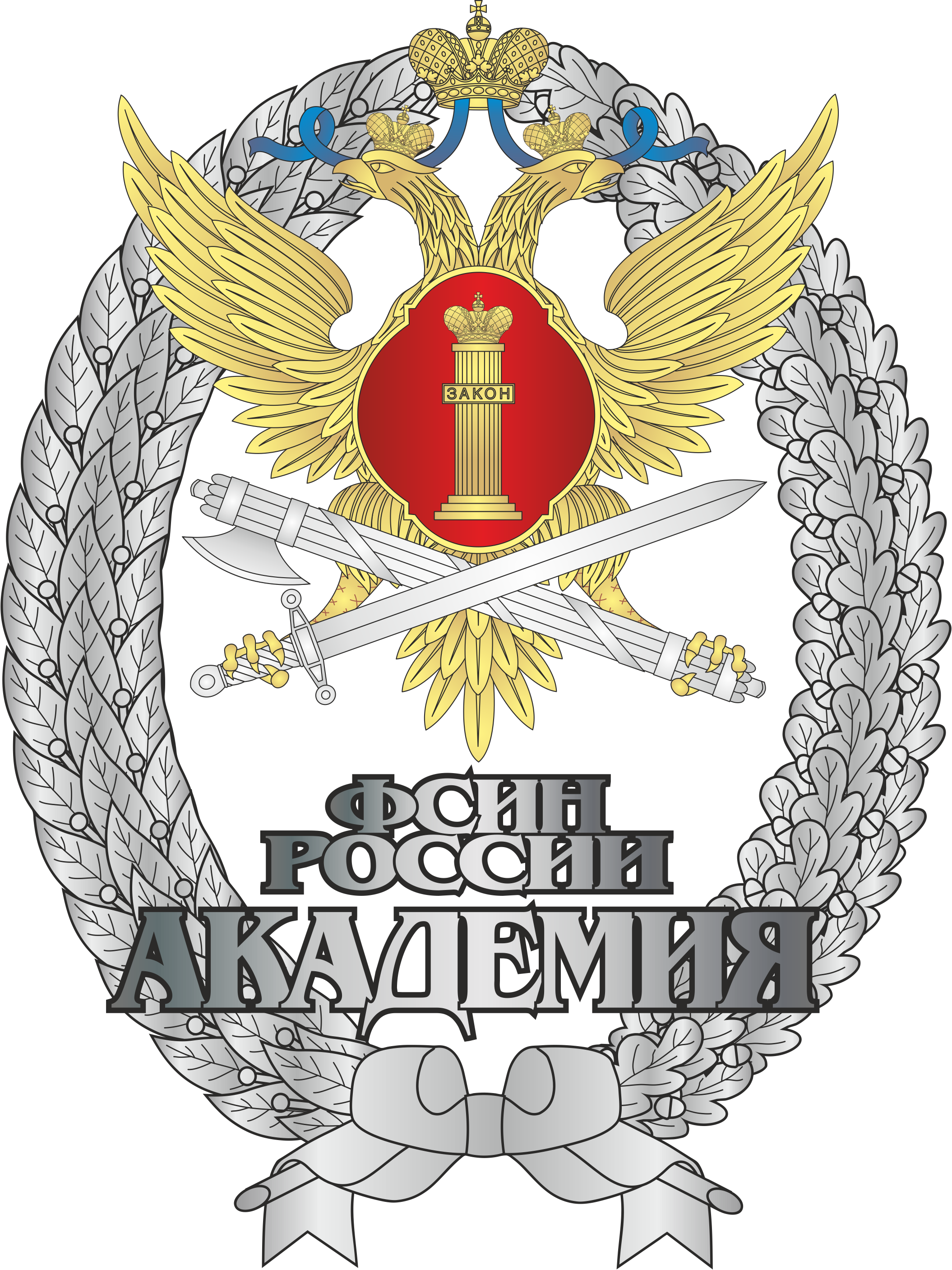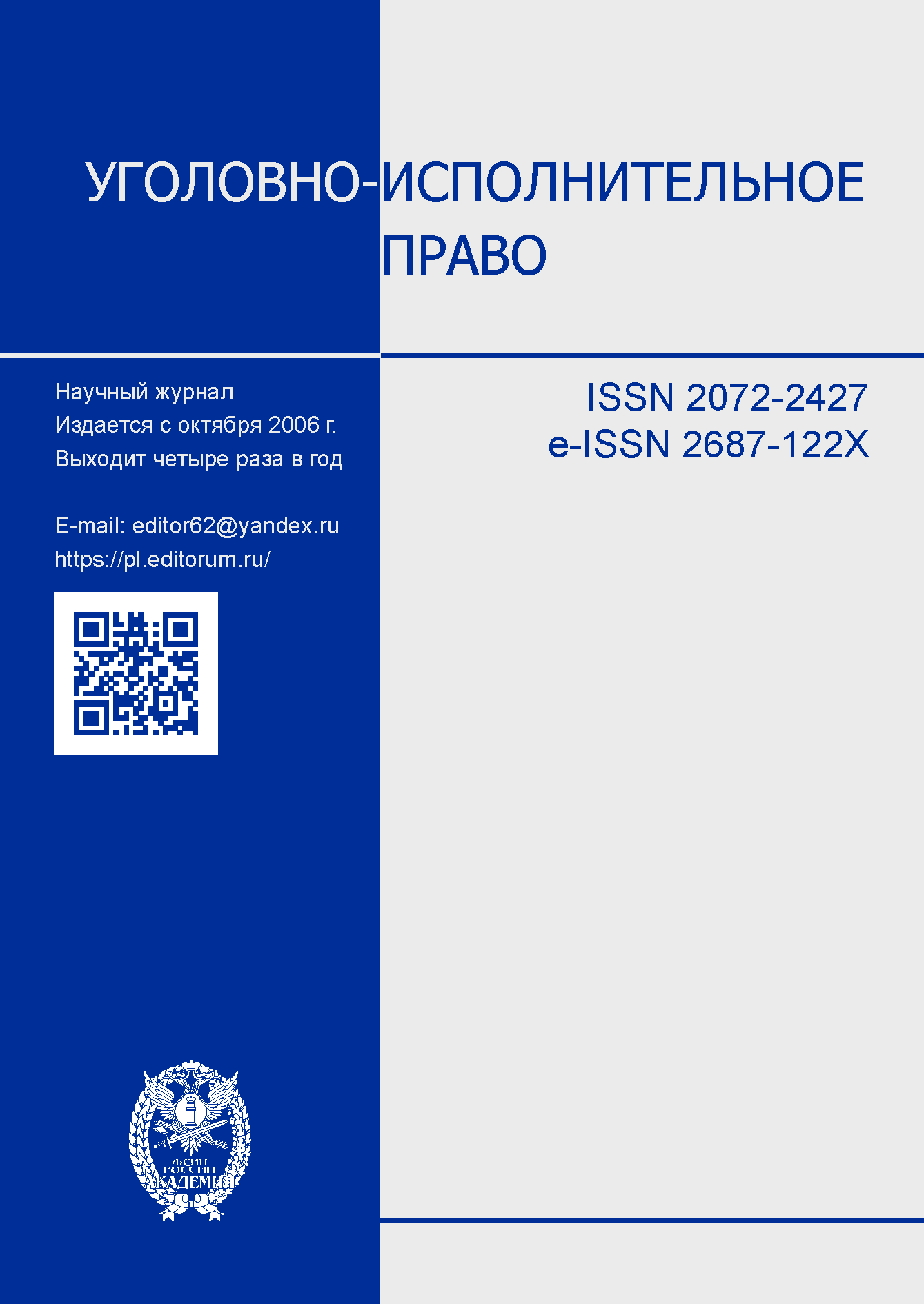Russian Federation
Russian Federation
Russian Federation
UDC 327.5
The article presents the author’s view of the extremely dangerous destructive phenomenon called hybrid war. It is noted that the struggle between or within a state at each historical stage has its own evolutionary stamp. It is shown that the hybridization of aggression, first of all, manifests itself in a simultaneous attempt to crush all significant geopolitical values and spaces. It is indicated that international legislation is powerless, from the point of view of available legal instruments, in countering hybrid wars. It is noted that the institutional crisis of the world geopolitical system forms the determinants of the hyperactive development of hybrid wars. The conceptually interrelated ideas of hybrid wars are highlighted, and the author’s concept is given. The following main vectors of the considered form of aggression have been identified: intensification of extremist and terrorist activities; destructivization of youth; transnational telecommunication crimes. Legal-technical and government directions for countering hybrid wars are proposed.
war, hybrid, hybrid war, state, security, national security, security, extremism, terrorism, youth, crime, telecommunications
1. Ozhegov, S. I. & Shvedova, N. Y. 2006, ‘Explanatory dictionary of the Russian language: 80,000 words and phraseological expressions’, Russian Academy of Sciences. V. V. Vinogradov Institute of the Russian Language, 4th ed., A TEMP, Moscow. EDN: https://elibrary.ru/RXPFSL
2. Pogorely, D. E., Filippov, K. V. & Fesenko, V. Yu. ‘Political science dictionary-reference book’. War. URL: http://www.studfiles.ru/preview/2427088/page:6/ (viewed 4 October 2024).
3. Patsula, A. V. 2023, ‘Economics of the hybrid World War’, Bulletin of the Central Russian University Educational Consortium. Ser. Economics and management, iss. 22, pp. 8–11. EDN: https://elibrary.ru/EWZLPT
4. Pisarenko, O. N. 2010, ‘Extremism as a social phenomenon’, Scientific problems of humanitarian research, iss. 9, pp. 212–219. EDN: https://elibrary.ru/MUZIFJ
5. Borodulin, V. I. & Gorkin, A. P. (eds), 2001, New illustrated encyclopedic dictionary, Moscow.
6. Komleva, N. A. 2017, ‘Hybrid war: the essence and specificity’, Proceedings of the Ural Federal University. Social Sciences, vol. 12, iss. 3(167), pp. 128–137.
7. Chernoperov, V. L., Suleymanova, U. I. 2021, ‘Hybrid warfare: prerequisites for the emergence, concepts, essence, goals, tools, legal issues, risks’, Noospheric research, iss. 3, pp. 33–46. DOI: https://doi.org/10.46724/NOOS.2021.3.33-46; EDN: https://elibrary.ru/EMAHPR
8. Kreveld, M. 2005, ‘Transformation of War’, Trans. from Eng. Alpina Business Book.
9. Kovalev, A. A. 2017, ‘Discussion on the topic of confrontation and cooperation in modern politics: from “hybrid wars” to “hybrid peace”’, National interests: priorities and security, vol. 13, iss. 5(350). pp. 975–986. DOI: https://doi.org/10.24891/ni.13.5.975; EDN: https://elibrary.ru/YOYPHF
10. Chizhevsky, Ya. A. 2016, ‘Development of military-political discourse: introducing the neologisms “asymmetric conflict” and “hybrid war”’, Political science, 2016(2), pp. 269–283. EDN: https://elibrary.ru/WCJRLD
11. Tsyganov, P. A. 2015, ‘Hybrid wars in the XXI century: social and political aspects’, Bulletin of the Moscow University. Sociology and Political Science, iss. 4, p. 253.
12. Bartosh, A. 2021, ‘On hybrid aggression and necessary defense’, Independent Military Review, iss. 1, p. 8.
13. Polynov, M. F. 2008, ‘The Cold War as a way of fighting the USA against the USSR’, Society. Wednesday. Development (Terra Humana), iss. 3, pp. 36–54. EDN: https://elibrary.ru/PATMUD
14. Bartosh, A. A. 2017, ‘Hybrid warfare is becoming a new form of interstate confrontation’, Independent Military Review, iss. 12.
15. Streletsky, Ya. I. 2021, ‘Hybrid war: an ideological aspect’, Kant, iss. 2(39), pp. 252–257. DOI: https://doi.org/10.24923/2222-243X.2021-39.42; EDN: https://elibrary.ru/WBJQOH
16. Pshenichnov, I. M. 2017, Responsibility for hiring in Russian criminal legislation: theoretical and applied research: PhD thesis (Law), Nizhny Novgorod.
17. Letelkin, N. V. 2018, Criminal law counteraction to crimes committed using information and telecommunication networks (including the Internet): PhD thesis (Law), Nizhny Novgorod. EDN: https://elibrary.ru/CUQIQI
18. Skiba, A. P., Rodionov, A. V. & Voronin, M. Yu. 2023, ‘On the directions of development of public-private partnership in the penitentiary sphere’, Law enforcement, vol. 7, iss. 1, pp. 134–144. DOI: https://doi.org/10.52468/2542-1514.2023.7(1).134-144; EDN: https://elibrary.ru/DAZRMJ
19. Skiba, A. P., Voronin, M. Yu. & Rodionov, A. V. 2023, ‘Public-private partnership in the penitentiary sphere: some directions of development’, Penal enforcement law, vol. 18, iss. 1, pp. 10–23; DOI: https://doi.org/10.33463/2687-122X.2023.18(1-4).1.010-023; EDN: https://elibrary.ru/XQWATN
20. Skiba, A. P., Ermasov, E. V., Maloletkina, N. S. & Petryanin, A. V. 2023, ‘Public-private partnership in the penitentiary sphere’, Academy of the FPS of Russia, Ryazan.
21. Putin, V. V. 2021, ‘According to the Russian standard’, Rossiyskaya gazeta, iss. 58, p. 2.











